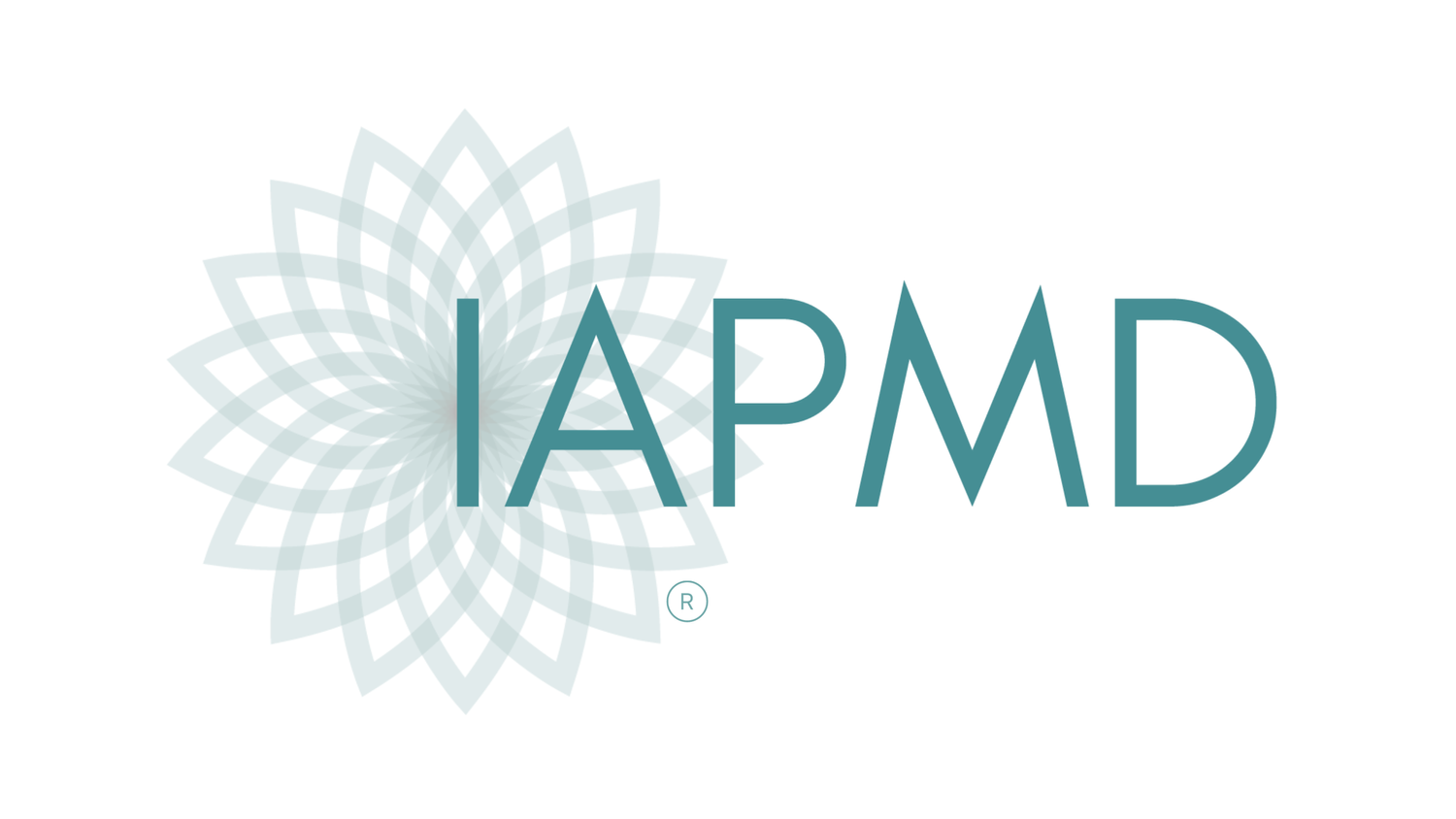Building Healthy Habits In Addiction Recovery
Photo via Pexels.
September is Recovery Month - a time to increase awareness and understanding of mental and substance use disorders and celebrate the people who recover. Guest blogger, Michelle Peterson, is passionate about sharing stories and information to inspire recovering addicts. She also runs RecoveryPride.org. To learn more about Addiction and PMDD specifically, register for IAPMD's virtual PMDD18 eLearning series at iapmd.org/conference »
Building Healthy Habits In Addiction Recovery
Recovering from addiction is a long and difficult process, but one that is infinitely rewarding. In order to achieve your goals, you need to help yourself in every way possible. It is not enough to simply stay away from your drug of choice. You also need to rebuild your life around healthier habits; these will support you and make you stronger in both mind and body. As HelpGuide puts it, recovery is not about ‘just saying no’ to drugs, but about saying ‘yes’ to better, healthier habits.
Healthy Habits For Recovery
Whatever drug or behavior you were addicted to, you had probably built your life around it; your routine and your schedule were probably designed toward satisfying that need. When you decide to stop, you will find that your life suddenly may not ‘fit’ anymore, and you will need to make some changes.
The best way to ensure that you move forward in a positive way is by building new healthy habits. As well as helping you live a healthier life, this will give you structure, which is incredibly important in recovery. A few healthy habits you should develop when recovering from addiction include:
Eat well - According to nutritionist David Wiss, recovering addicts often turn to unhealthy foods as a coping mechanism during detox, which in itself is a form of cross-addiction. Eating a balanced and healthy diet that is high in fiber and low in sugar will not only make your body feel better but will ensure you don’t develop another dependence in the recovery process.
Exercise - A fitness routine will make your body healthier, but is also useful for your mind. Exercise is a great way to relieve stress and has been shown to be an invaluable tool in addiction recovery, as it improves confidence, strength, and general wellness.
Get enough sleep - Getting a full 7-8 hours of quality sleep is one of the most useful health habits you can build. People who are well-rested are less stressed, more energetic, and more positive; lack of sleep can make you cranky and tired, meaning you are more likely to reach out to a stimulant (such as a drug) to keep you going.
Understanding Ego Depletion
It is important, however, to remember the concept of ego depletion, which states that self-control is like a muscle that can get fatigued. If you use it too much in one area, you will be vulnerable to poor choices in another.
On one hand, this means that it can be very difficult to stay on top of multiple healthy habits and decisions, which is why it is important to build them up slowly and progressively. You don’t have to become an entirely different person overnight, and you don’t have to perfect your diet, exercise plan, and sleep schedule right away.
You can build these habits by making small healthy choices, like going for a walk three times a week or eating more fruit and vegetables. Eventually, these will become natural for you, and you will be able to continue improving your habits. Indeed, this is the flipside of ego depletion: if self-control is a muscle, it can be strengthened.
Recovering from an addiction is hard work, and committing to it is already one of the healthiest decisions you will make. Do not worry if you can’t develop all these habits at once; changing your life takes time. Learn to practice self-discipline bit by bit, and it will get a little bit easier every day. Before you know it, you will find yourself living the full, healthy life that you have been working toward.



